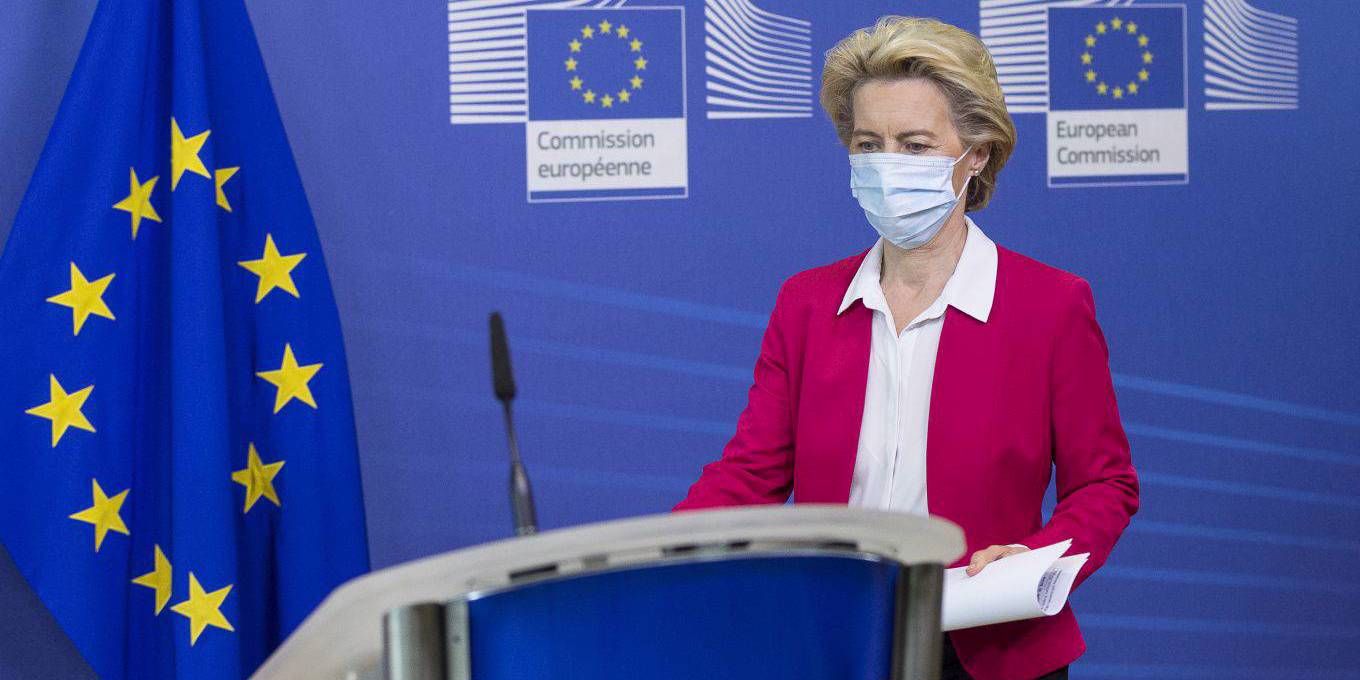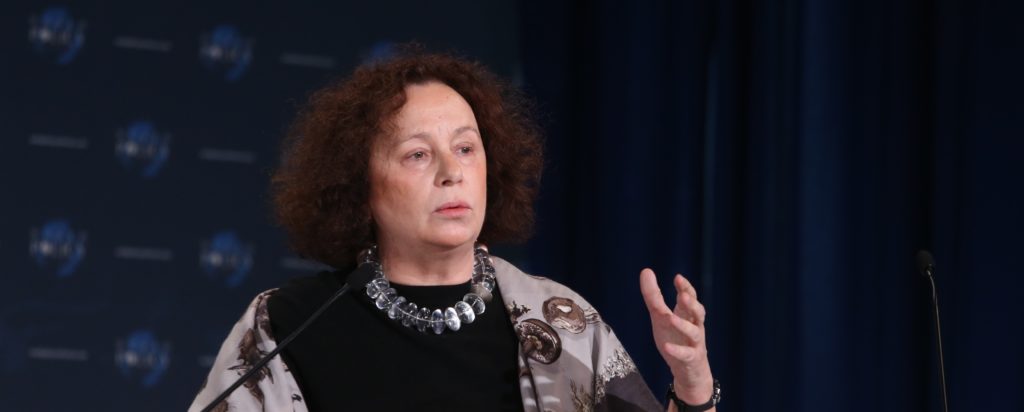Project Syndicate | Sep 24, 2020
by Ana Palacio
EU leaders have tended to operate on the assumption that Europe is inevitable, and that Europeans are inescapably bound together in a community of fate. But many citizens don’t see it that way, and if they aren’t given a more convincing rationale for European integration, the only inevitability will be the EU’s demise.

Yes, the policies and actions Von der Leyen described are important. But, at this point, no policy will fortify the EU’s foundations sufficiently. No grand-sounding program or budget increase will ensure its progress. No amount of common debt will guarantee its survival. To survive and thrive, Europe needs an overarching vision that captures the breadth of the challenges it faces, establishes a sense of common purpose among all citizens, and galvanizes popular support.
EU leaders have long peddled a hollow concept of European citizenship, one that emphasizes rights, rather than responsibilities and shared burdens. They have shown what the EU does, but not what the EU is for. And many refuse so much as to discuss the question. They believe the answer to be self-evident: Europe is inevitable, and Europeans are inescapably bound together in a community of fate.
But many citizens don’t see it that way. If they aren’t given a more convincing answer, the only inevitability will be the EU’s demise.
There have been glimmers of hope that EU leaders recognize the need to engage European citizens actively. For example, as part of the messy compromise that led to her confirmation as Commission president in 2019, Von der Leyen floated the idea of a Conference on the Future of Europe – a platform for engaging citizens in a wide-ranging debate on what the EU should look like and how to achieve it.
But the initiative has been delayed due to the COVID-19 pandemic. And even if it is implemented, it will most likely go the way of other much-touted citizen-outreach efforts, such as the underwhelming European Citizens’ Consultations of 2018. Discussions will receive plenty of press, a report will be drawn up, and a communiqué released. Then another crisis will arise, and EU leaders will all but forget it. Its only lasting impact will be the resignation and even resentment felt by the citizens who participated.
The Conference on the Future of Europe was relegated to a single passing reference in von der Leyen’s address, as she discussed the post-pandemic organization of health competencies within the EU. Moreover, the European Council has already rejected the possibility of any treaty change stemming from the Conference. The more engaged citizens are with Europe, the less they will need their national governments to act as intermediaries. The same anxiety has fueled opposition to a European-level tax, which would make the EU directly accountable to citizens.
But if the initiative has no real stakes, it will attract no significant citizen buy-in. The same goes for the European project more broadly: if citizens feel no sense of ownership over the EU and no sense that their fates are tied to those of their fellow Europeans, they will never offer anything more than passive support. And passive support simply will not get the EU or its member states – to where they need to be.
It is preposterous that in 2020, 11 years after the eurozone crisis, the European Commission president is still calling to complete the banking union in her state of the union address. Her statement on migration – it is a “European challenge,” to which we can find a solution, “if we are all ready to make compromises” – was one that should have been made and agreed to in 2015, at the height of the migration crisis. Even her comment on Belarus rang hollow, given the EU’s failure to agree on sanctions against President Aleksandr Lukashenko’s regime. And round and round we go.


MADRID – In her first State of the European Union address, European Commission President Ursula von der Leyen offered a wide-ranging view of the current moment. She touted Europe’s recent achievements and identified its goals for the coming years. She dedicated significant attention to the European Green Deal and the Digital Agenda, and called for the completion of the banking union and capital-market integration. In normal times, it would have been a solid, if not particularly inspiring, performance. These are not normal times.